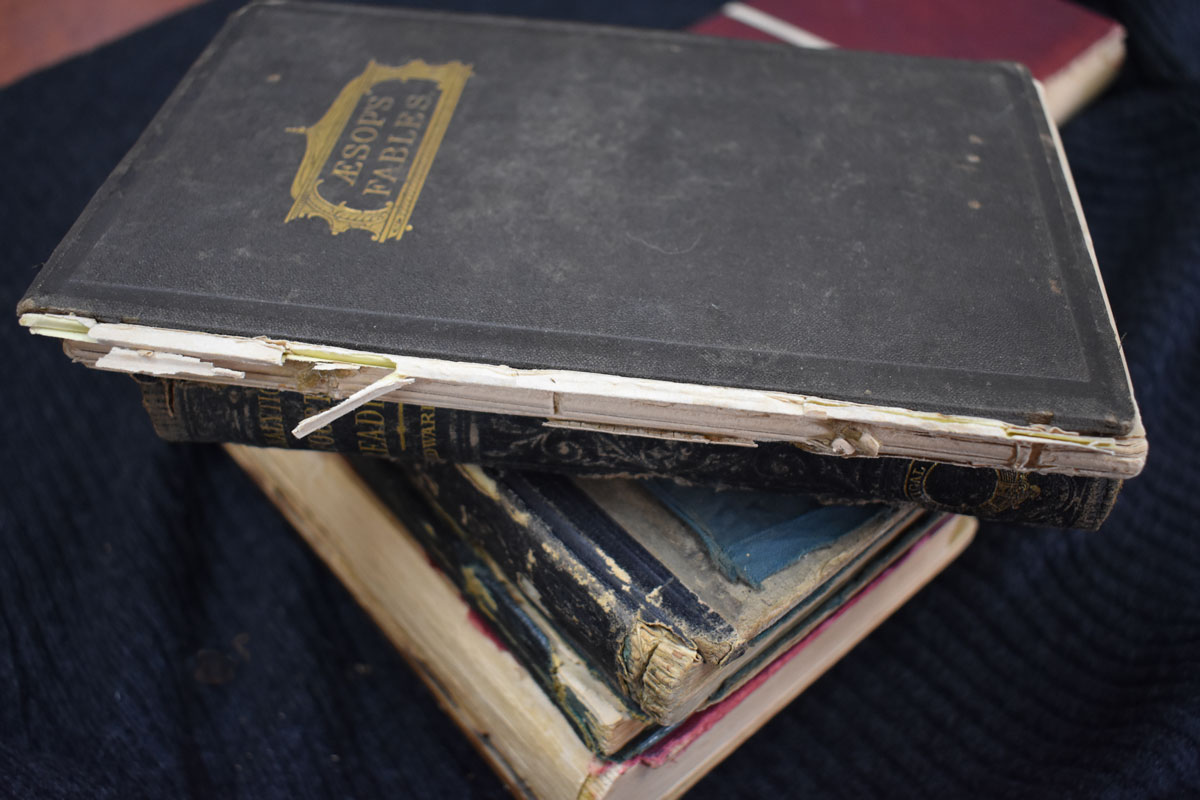Imagine you are a retired scientist who lives down the street from a library that houses valued historical documents. You’ve always had a fascination with maps of streams, lakes, and tides, and the ecology around them, and since your retirement, you enjoy more time sifting through the historical research and analytics.
One day, you see a dumpster outside, cardboard boxes littering the walkway in front of the building. Pedestrians are riffling and collecting items from them. But you don’t think anything of it because all libraries renovate, don’t they?
And then, not long after, the library is closed.
This is what happened to Canada’s Libraries of Fisheries and Oceans. When? Not 100 years ago and not 50. Between 2012 and 2015, the government cut funding from these libraries, causing 7 out of 11 to close and recklessly disperse their documents. Scientists refer to this incident as a modern-day Library of Alexandria because so much knowledge, information, and research was lost.
The Tyee journalist Andrew Nikiforuk says, “Established in 1973, when foreign governments hailed Canada as a world leader in freshwater science and protection, the library housed tens of thousands of reports, maps, charts and books, including material dating back to the 1880s.” A treasury of information!
So what happened to those historical documents?
While many books and papers were relocated to a federal library in British Columbia, Gloria Galloway of The Globe and Mail says that books and research documents were given away, sold, or discarded into dumpsters. The only documents kept were “remains pertinent to the department’s mandate.” Much of the literature was not widely published material nor was all of it digitized. Some of it was, but the government refuses to answer how much.
In fact, CBC’s Max Paris says, “Critics said it was to get rid of environmental elements of the act that hindered the government’s plans for resource development and export.” Some allege that the retention of select data alludes to a political agenda that might otherwise be hindered by complete and long-documented research.
What was lost? The science behind water conservation is incredibly important because of how it affects habitats all over the globe. Canada contains 20% of the world’s freshwater, and research pertinent to the conservation around freshwater and saltwater and whole-lake experiments is now lost. This endangers not only Canada’s natural resources, but the world’s since the research was used to conserve and safely maintain global water sources.
The Time to Digitize Is Now
There is no “safe place” for indefinitely preserving historical documents from decay or other damage. However, you can make sure information kept in those documents will remain available for generations to come by digitizing them.
Consider these five crucial reasons to digitize your historical documents now:
- You never know when tragedy may strike in the form of a natural disaster. Files, folders, and cardboard boxes stacked in the attic or shelves in a warehouse is not safe storage. Even a historical library or society is at risk. Floods, fires, or vandalism can happen at any moment.
- Human negligence happens. Insurance will compensate you, but it cannot recover lost or accidentally destroyed artifacts.
- How many times have governments destroyed books to further their agendas, instill fear in citizens, gain control of education or other jurisdictional departments, or rewrite history? It can even be as mundane as lack of funding. The Libraries of Fisheries and Oceans is not the only modern book burning. History shows that it regularly happens on almost every continent, in almost every country around the world.
- Once lost, those historical items are gone forever. In many cases, there are no replacements or backups. Who could replace the journal of George Washington if it was lost? Future generations would never have this personal insight into our first president. How can we learn from history if it isn’t preserved for our knowledge?
- Most importantly, information lost can have a major impact on life today. For instance, Nikiforuk says, “The ELA [Experimental Lakes Area] cost $2 million a year to maintain, but its research saved governments around the world billions of dollars by preventing water contamination.”
Don’t let such a tragedy befall your collection. Digitize your historical documents today or make a case for your local historical society, library, or historical research facility. Digitizing historical documents properly can be time consuming, but it is well worth the investment.
The Benefits of Carefully Digitizing Historical Documents
If you are passionate about history and preserving knowledge and historical documents, digitization can keep them accessible for the foreseeable future. Here are five reasons why you won’t regret digitizing your historical documents.
- Multiple Backups. Digitized documents can never be lost if correctly mirrored onto physical hardware and cloud storage. Making multiple backups means that you can store them in different places, and cloud services allow you to access the documents from anywhere.
- Organization. Now you have a way to systematically organize files with search tags, creating a logical and efficient way to quickly research and locate the most relevant information.
- Search Capabilities. Do you have older typeset documents created before the advent of Microsoft Word? Your documents can be optically recognized through optical character recognition (OCR). While many vendors provide OCR services, very few strive for accuracy like the experts at Anderson Archival. Our OCR verification process ensures the finest accuracy for search. Instead of sifting through boxes and file cabinets, you’ll be able to simply enter your keywords into the search box, and let the computer do the work for you!
- Ability to Share. Not only will you be able to access the documents in an organized fashion with search features, but you can also offer a publicly accessible online reference database on your own website. If you want a more private approach, your database can be shared only with individuals behind a password-protected account management system or locally stored on your organization’s network.
- Peace of Mind. Is there any greater benefit than peace of mind? You will know that your historical documents, whether research materials, letters, or other historical data, are safe from whatever the world may throw at them.
If you are ready for your library to be digitized and saved for posterity, contact Anderson Archival today at 314.259.1900 or info@andersonarchival.com!


